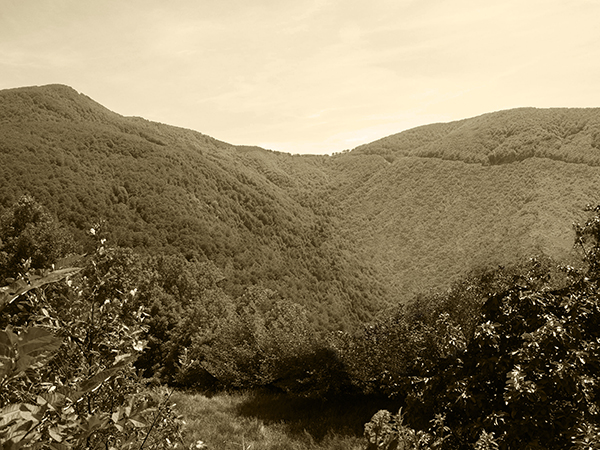The Frankish annals record that in the year 806, “Navarrese and Pamplonese” pledged oaths to the Franks. However, these oaths should not be seen as acts of submission or capitulation due to the absence of any military confrontations between the Franks and the Basques after 778, suggesting the relationship was more aligned with an alliance.
Six years later, following the death of the Basque prince Sancho Lupus in 812, the Basques crowned his elder brother, Semen Lupus, against Ludovicus’ preference. Semen Lupus went on to rule northern Vasconia from 812 to 816. Aware of Semen Lupus's coronation, Ludovicus initiated a punitive expedition into Basque territory, moving through Akitze (Dax). Ludovicus reached Akitze and commanded the instigators of disloyalty to present themselves. Their refusal led him to authorize a military looting of their assets. Ultimately, after substantial destruction, the survivors pleaded for mercy and were astonishingly pardoned by Ludovicus.

After sacking Akitze, Ludovicus' forces, mimicking his father's route thirty-four years earlier, marched from Errozabal to Pamplona. It is probable, though not recorded, that Ludovicus laid siege to Pamplona. The absence of any mention of the city's capture in the chronicles suggests that Ludovicus, unable to take Pamplona, was compelled to retreat to Tolosa via the Zize Pass, echoing the events of 778. The Astronomus notes that during his retreat through the narrow passes previously traversed, the Basques attempted to attack but were effectively thwarted. According to the chronicler, the foiled attack led to the capture and execution of one assailant, while many others, including women and children, were detained and "wisely" used as human shields, effectively preventing any harm to the king or his forces.
Ludovicus' use of women and children as human shields averted a major battle, yet Pamplona remained under Basque control. Twelve years later, in 824, Ludovicus mounted another campaign to subdue Vasconia led by Counts Aeblus and Aznar (Asinarius). Despite initial successes, the campaign mirrored the disaster of 778, ending in a catastrophic defeat in the third battle of Errozabal, where the Frankish forces were annihilated.
The captured leaders, Aeblus and Aznar, met different fates. Aeblus was gifted to the new Emir of Cordoba, possibly as a peace overture, while Aznar, owing to his Basque heritage, was pardoned.
These failed military campaigns in 812 and 824 led to the establishment of the Kingdom of Pamplona, with Eneko Enekoitz "Aritza" being proclaimed the king of the Basques south of the Pyrenees.